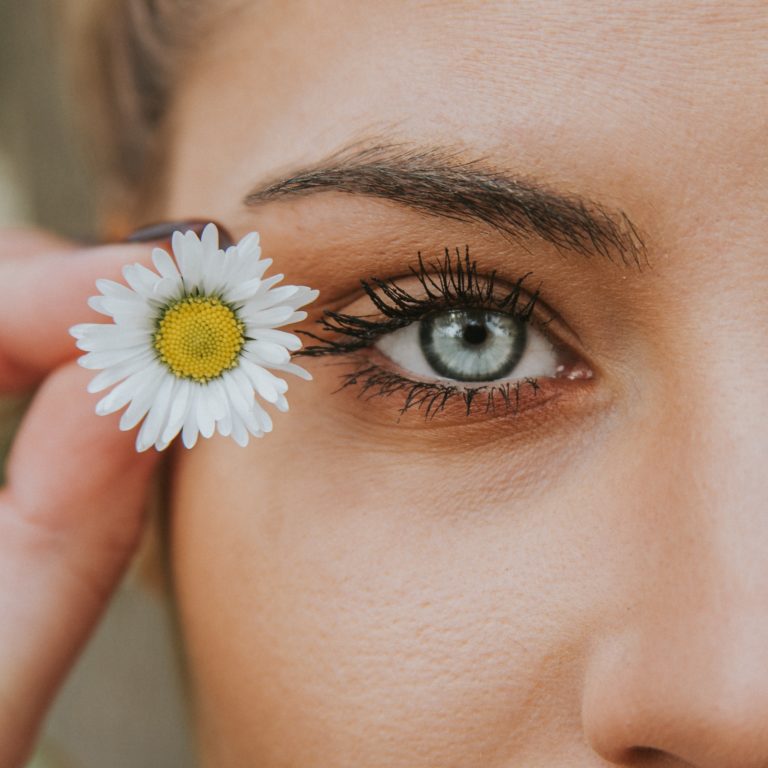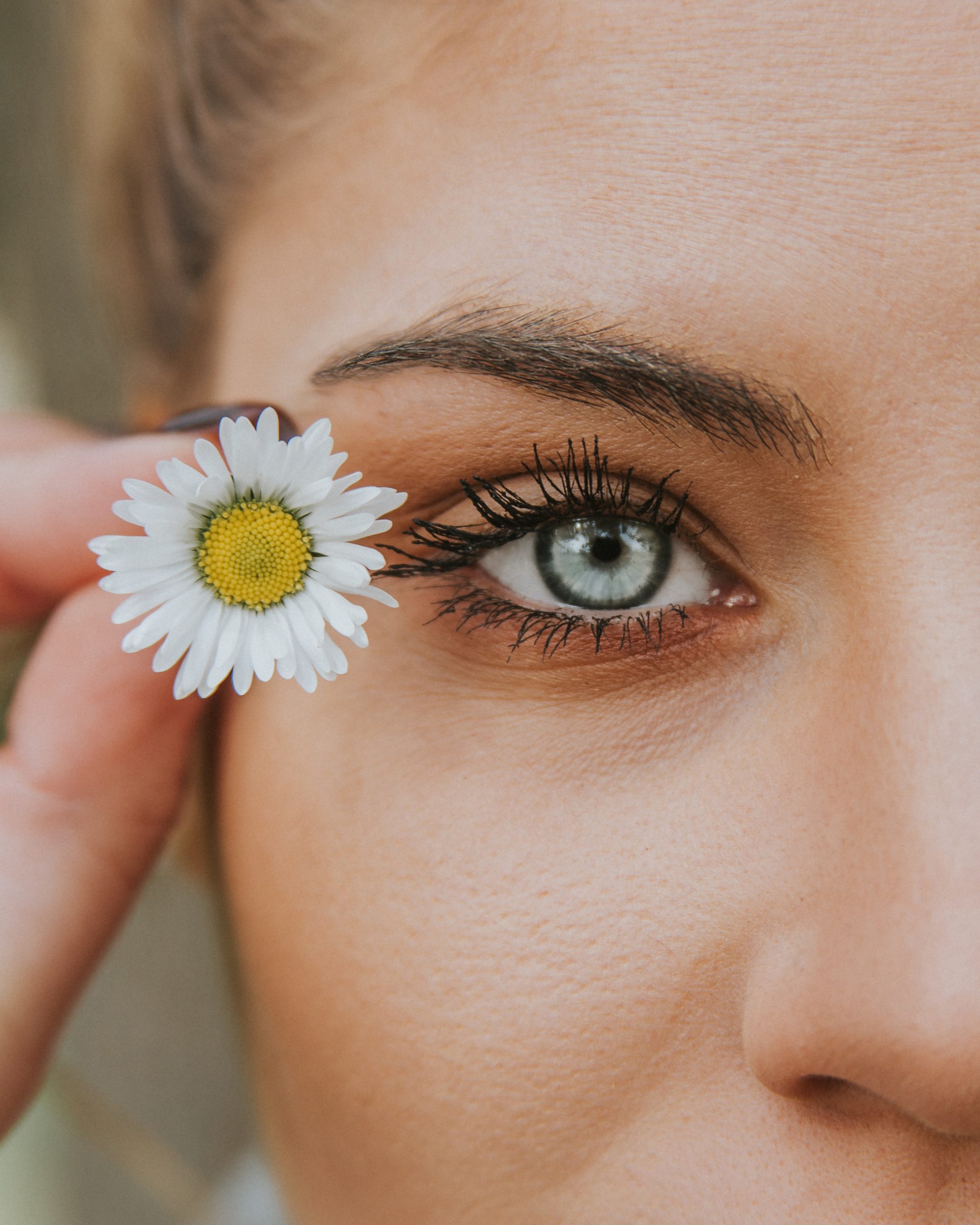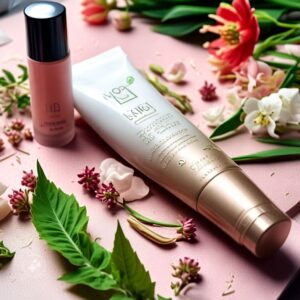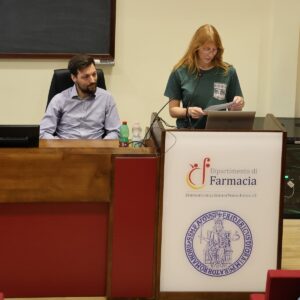The rise of the eco-sustainable movement and online sales channels are not new phenomena: consumers are increasingly aware of the environmental impact of what they buy and prefer to buy in the most convenient way possible.
To date, however, due to the pandemic unleashed by the COVID-19, they are accelerating strongly, not only in the cosmetics industry but across all aspects of our daily lives.
Environmental protection is becoming a first class differentiator even in markets that until recently were considered operationally bound to polluting technologies and in any case little inclined to change. Tesla is today the first automotive company in the world, ahead of the giant Toyota.
The same can be seen in the field of politics, where “green” parties are constantly on the rise.
This change in the choices and knowledge of the citizen/consumer has led to an even greater upheaval in today’s panorama and a consequent reaction from companies and social partners.
In light of all this, let’s see some examples of how the cosmetics market is changing.

Upstream: an increasingly green and online customer
Consumers today are more and more informed and considerable about all the factors behind a product, both from a functional and ethical, social and environmental point of view.
Their purchase path in the beauty market is careful and scrupulous, rarely impulsive, where every choice and experience is analyzed and discussed.
While the traditional purchase path was based on a sequence of linear events and a certain immobility of the consumer’s values, today the purchase path is marked by multiple points of contact with the brand made in order via the web, where each of these can determine the success or otherwise of the sale.
The careful consultation of beauty blogs and active forums, where you can ask for directions and dispel doubts, is now a consolidated process.
The analysis of reference websites such as BioDizionario, where you can find information on ingredients and additives of cosmetic products, is becoming more and more practical.
The identity, emotional and social affiliation with a trusted brand with established standards such as VEGANOK, which guarantees the absence of ingredients of animal origin in the INCI, in the packaging of products, as well as the total absence of animal testing at all stages of product processing, can be decisive.
The path to purchase has never been so changeable and fluid: all it takes is a wrong point of contact, a review from a trusted influencer, or a boycott on social media to make even the most loyal consumer change his mind forever.
In addition to a more culturally aware approach where cruelty free, green products, free of substances harmful to health and the environment, vegan friendly, have more and more value, consumers are also expanding their need for products: from anti-smog products to beauty routines up to the replacement of traditional products with organic alternatives.
Downstream: companies increasingly attentive to what is around the product, the example P&G Beauty
How are companies responding to these new trends?
The cosmetics industry is constantly expanding and the world’s largest companies are reshaping their business models on the principles of transparency, safety, effectiveness, sustainability, equity and inclusion.
For example:
P&G Beauty recently shared the objectives of its “Responsible Beauty 2030“.
These include openly sharing technologies, programs and processes that can help the cosmetics industry to have a greater and positive impact on the world. As a first tangible step, the company is publishing a comprehensive guide to the safe use of plants in cosmetic products so consumers can evaluate plant ingredients and decide how to use the products.
Their new P&G Responsible Beauty platform illustrates how they intend to address systemic challenges, such as safeguarding the planet, with the support of collective action. Their aim is to support the best science and, at the same time, protect nature: two necessary elements that travel hand in hand.
This example underlines how even a giant like P&G, which has never enjoyed a good reputation in terms of social and environmental awareness, had to reposition itself radically in order to survive in this new market.





